#思う
Explore tagged Tumblr posts
Text
〜と思います and when と isn’t needed
とis used when quoting or expressing thoughts, feelings, or opinions.
It marks the content of what you’re thinking.
Examples:
私は明日行こうと思います。I think I will go tomorrow.
彼は忙しいと思います。I think he is busy.
正しいと思います。I think it’s correct.
学校に行きたくないと思います。I think I don’t want to go to school.
思います can stand alone when no specific thought or content is quoted.
そう思います。I think so.
思っています。I’m thinking about it.
何も思いませんでした。I didn’t think about anything.
56 notes
·
View notes
Text
Different particles + 思う
に、と、を + 思う
~と思う = expressing your opinion, wishes, desires.
彼女は美しいと思う。I think (opinion) she is nice.
来年、日本に行きたいと思う。I would like to (desire) go to Japan next year.
~を思う = showing the object of our thoughts.
You're not expressing an opinion. It’s pointing to a thing (abstract or concrete) or a person we have in mind.
恋人を思う。I think about my significant other. (I'm actively thinking about him - what they are doing, etc.)
~に思う = expressing your emotions.
Since it is expressing emotions, it is paired with words denoting emotions like 残念 (ざんねん).
疑問に思う。 I have doubts. I feel doubtful about something.
疑問 (ぎもん) - doubts
彼が言ったことを疑問に思う。I have doubts about what he has said.
10 notes
·
View notes
Text
Many Japanese words have the same English translation but different connotation. 「考える」 (Kangaeru) and 「思う」 (Omou) are one of such Japanese words and both are translated as “To think”. These words can also be translated as “To consider”, “To suppose”, “To guess” and “To imagine”. 「考える」 and 「思う」 are probably one of the most used verbs in the daily conversation as well as in a business situation. You may choose which word to use depending on the situation or to avoid using the same words again and again.
考える is defined as “to make a logical judgement”. 考える is a verb that is often spoken from a more objective perspective compared to 思う. This is effective when you want to make your speech more convincing or give a strong impression.
思う is defined as to make an emotional judgement. While 考える is thinking from an objective perspective, 思う represents a more subjective imagination. 思う is used when you make judgments with your heart, and when you cannot explain logically and reasonably.
考える is thinking that involves intelligence. 考える means making judgments with your head, not your heart. The process of 考える involves drawing conclusions and predicting things with clear reasoning. On the other hand, 思う is thinking that involves feelings and emotions. In the Kanji 思, there is 心 in the bottom. 心 means heart and emotion. This suggests that 思う is used when there are human emotions involved. The word 思う means not only to think but also to make predictions, remember, hope, and wish. The act of 思う does not involve intellectual analysis, but the act of 考える is to use the brain to derive an answer.
There are some situations where both 考える and 思う can be used. For example, both sentences あなたのことを思う (anatano koto o omou) and あなたのことを考える (anatano koto o kangaeru) can be translated as “I’m thinking about you” but they have a different undertone When 思う is used, it represents one’s feelings of missing or worrying about the other. Whereas sentence with 考える, it represents one’s being thoughtful about the other person.
Source: @sakurajapanlondon
6 notes
·
View notes
Text
今年もありがとうございました

今年もご利用ありがとうございました。 元日の地震から始まって、 7月や9月には県内での大雨の被害があり、 自然災害の多い年でした。 皆さんそれぞれの日々の生活の中でもいろいろあったことと思います。 思いがけないことやままならないことで気持ちや体が揺れることも多いですが、 そんな時に リフレクソロジーが少しでも皆さんの心と体を健やかに保つ助けになれればと思っております。 来たる年が皆さんにとって良い年となりますようお祈り申し上げます。
0 notes
Text
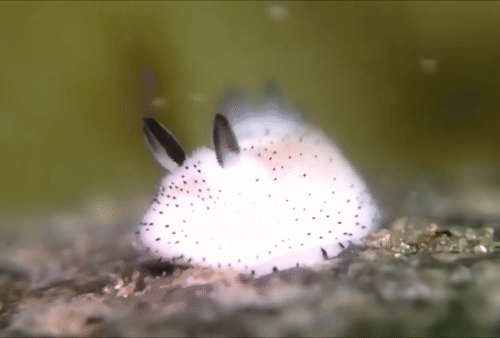


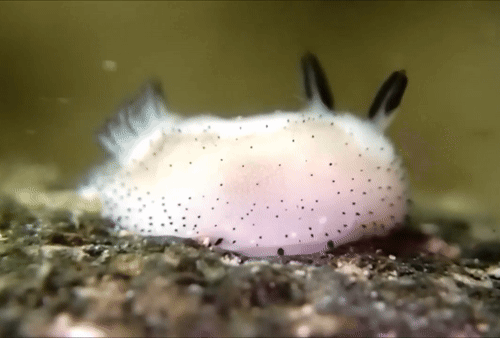
Sea bunny 雲見ダイビング
#ブログ頑張ってねって思ってくださったら、クリックしていただけるとうれしいです#nudibranchs#sea bunny#sea slug#sea slugs#nature#sea#ocean#water#aquatic life#sea life#sea creatures#animal#animals#kawaii#kawaiicore#stim#stimblr#summer#coconut girl#key west cutie#key west florida#summercore#tropicalcore#seacore#beachcore#oceancore#beach#tropical#nudibranch
15K notes
·
View notes
Text

"アタシ達、夏の思い出"
#art#design#drawing#illustration#illust#illustrator#original#original art#girls#girl#summer#yuki kawatsu#絵#イラスト#イラストレーション#オリジナル#オリジナルイラスト#女の子イラスト#思い出#夏#高校生#かわつ ゆうき
184 notes
·
View notes
Text
2025/01/22 今朝の空


冬の夜明け前は美しい。
もう何度見たか分からない夜明け前の空なのに、何度見ても感動する。
人と話し合ったり語り合ったり、他愛もないことにしても必要な時間だなと思う。自分以外の人間の考えや思いを聞く。どうしてそう思うのかなぜそうしたいのか���自分は何をどう考えるのか。相互の意見を受け止めてなるほどと思う。自分とは違う。それを知ることは大切で、知らず知らずのうちに自己の感覚を軸に物事を考え、進めてしまうことも少なくない。
自分は何を求めているのかを突きつけられそれを理解し受け入れる。自分以外の人間を知ることで自分についても分かる。
ハタから見ればくだらないことでも、あーでもないこーでもないと言い合える仲間がいるって良いな、という話。
72 notes
·
View notes
Text





20220202(日)
佐佳枝廼社(さかえのやしろ)で令和7年節分祭の豆まきが16時からあり行ってきた。
天気も曇りがちながら穏やかな日で、雨や雪も降らず豆まきにはちょうど良い天候であった。
はじめに「佐佳枝廼社 葵太鼓 凛生〜Rio〜」の太鼓パフォーマンスがあり、その後豆まき。
豆まきが始まるとぼくの隣にいた女性の方が「こっちこっち」とか「こっちに投げて~」とか笑いながら叫んでいて、その必死さに圧倒された。
ぼくはというと自分の方に飛んできた豆を2袋だけとって、あとは後ろに下がって豆まきの様子を見ながら楽しんでいた。
嫁さんの方は、20袋以上は拾っていたようであった。帰る車の中で、「わたしが先にとった豆を他の人が私の手から取っていった」とか「自分の後ろでとれないとれないとかきゃーきゃーいいながら腕が素早く動いていた女性達は、二十歳代であった」とか「たくさん拾える方法が分かったので、次はもっとたくさんとれると思う」とかいろいろ話すのを黙って聞いていた。
感想は特にない。
#佐佳枝廼社#節分会#豆まき#厄除#1月25日は福井の風習で天神講の日。天神様(菅原道真公)の掛け軸に焼きガレイをお供えしたあと皆で頂きます。#日本酒#「常山」仕込み水には「こしょうずの湧水」を利用。超辛口ですっきりとした味わい。隠れた逸品だと思う。
28 notes
·
View notes
Text

Japan times 👘
After graduating from Yale, Jack worked at Rakuten, Inc., a Japanese internet and e-commerce company, in Tokyo. He scored the gig after meeting the company’s CEO while visiting Sendai alongside his mother while she was performing her duties as U.S. ambassador to Japan. He also worked at the Japanese distillery Suntory.




Jack wishing his ex co-worker a happy birthday.🎂
#jack schlossberg#kennedy family#jfk grandson#caroline kennedy#politics#japan#japan culture#asian culture#kawaii#kawai girl#kawaiicore#⛩️#japan 🇯🇵#🇯🇵#tokyo#思い出#big in japan#us elections#us politics#this is what makes us girls#the kennedys#kennedyposting#jfk#どうもありがとうございます#hello kitty#日本#🍜
42 notes
·
View notes
Text

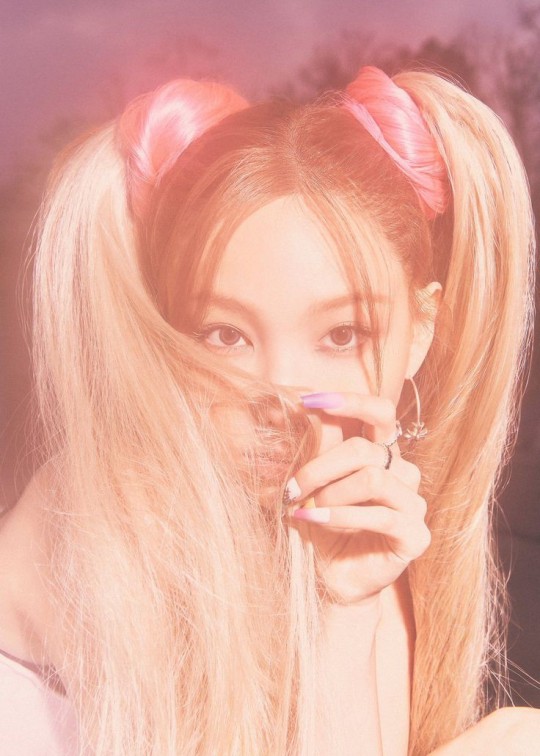
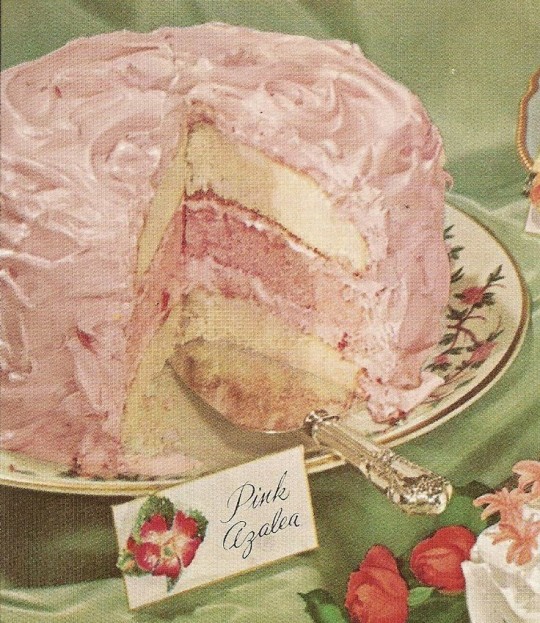







⋆ ・˳ . 🧠🌟 Sorry, I am Arataka Reigen! ✺ ⁺ ˳
#₊ 𓆇 ݁ . 🍔 そうですね…私は嘘が得意だと思います#𝅄 ׁ ˳ 🥦🎀 Um batom apenas ! 𓈒 𓏸 𓇼#cupcek ✿ 🎐🥟#moodboard#messy moodboard#messycore#alternative moodboard#alt moodboard#archive moodboard#archive mb#vintage moodboard#icons vintage#cute moodboard#simple moodboard#pretty moodboard#kpop moodbard#gg moodboard#soft pink moodboard#pink moodboard#messy pink moodboard#naeyeon icons#twice nayeon#nayeon moodboard#mob psycho 100#reigen arataka#fashion moodboard#y2k moodboard#2000s moodboard#aesthetic moodboard#aesthetic mb
116 notes
·
View notes
Text
思う vs. 思っている
In my last week's diary, I wanted to express that the "old web" was more interesting to me.
So here's the sentence
昔のウェブはもっと面白い思う。 昔のウェブはもっと面白い思っている。
思う is meant to be more for the moment. 思っている has a longer duration for the thought, or it has been a belief.
In my case, both make sense but with a slight nuance. If I wanted to say I always thought the old web is more interesting, then 思っている would be better than 思う.
A helpful analogy I found was that 思う is like "put on," and 思っている is like "wear."
1 note
·
View note
Text

#girumasu#fyanimegifs#i may be a guild receptionist but i'll solo any boss to clock out on time#guild no uketsukejou desu ga zangyou wa iya nanode boss wo solo toubatsu shiyou to omoimasu#ギルドの受付嬢ですが、残業は嫌なのでボスをソロ討伐しようと思います
27 notes
·
View notes
Text

ヤーッ!!!
183 notes
·
View notes
Text
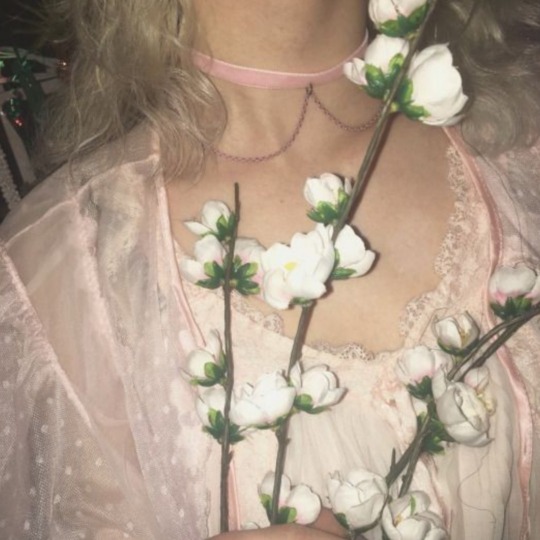


@jisuite ㅤ ㅤ† ㅤ࿙࿚ ㅤ🪶 ⭒ 🛁 ㅤ ㅤ4:00A.M.
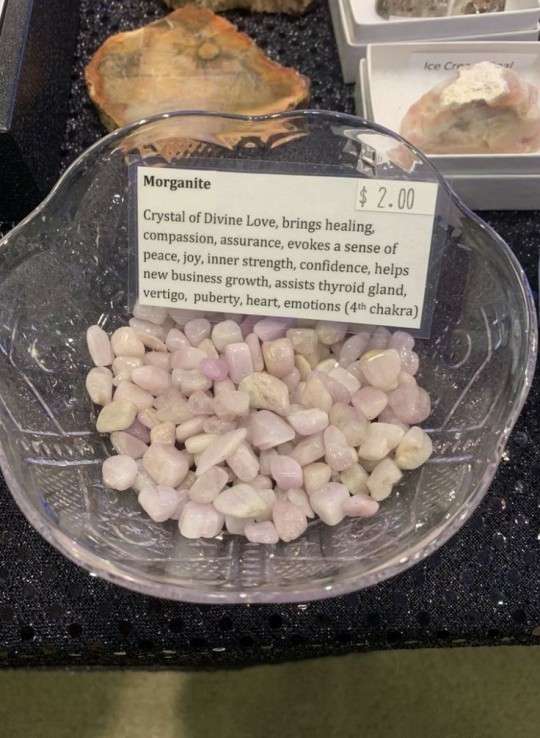
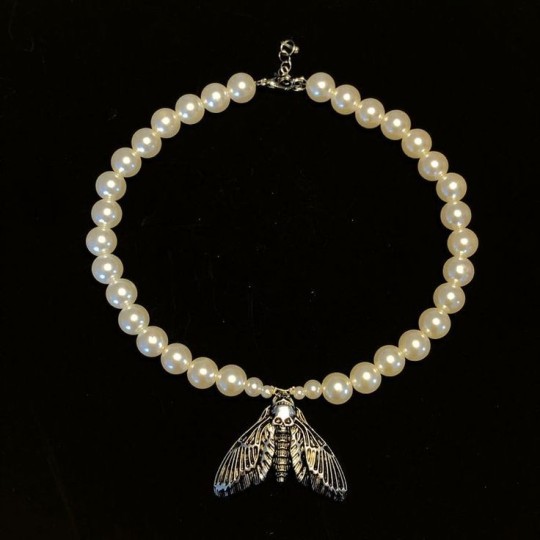





#Lord give me one one more chance#ふりかえり思うたび 答えが見つからない#kim hongjoong#ateez#messy moodboard#bg moodboard#messy aesthetic#aesthetic#ateez moodboard#ateez icons#ateez hongjoong moodboard#ateez hongjoong icons#ateez hongjoong#kpop aesthetic#bg icons#alternative moodboard#icons kpop#aesthetic moodboard#aes#mb#alt moodboard#pink moodboard#pink aesthetic
436 notes
·
View notes
Text


どれが本物だ♡
#ブログ頑張ってねって思ってくださったら、クリックしていただけるとうれしいです#nudibranchs#nudibranch#naudibranch#sea slug#sea creatures#summer#tropical#sea#water#beach#ocean#summercore#tropicalcore#seacore#oceancore#stim#stimblr#animal#animals#kawaii#kawaiicore#y2k#2000s#coconut girl#beachcore#key west cutie#key west kitten#nadibranch#aquatic life
4K notes
·
View notes